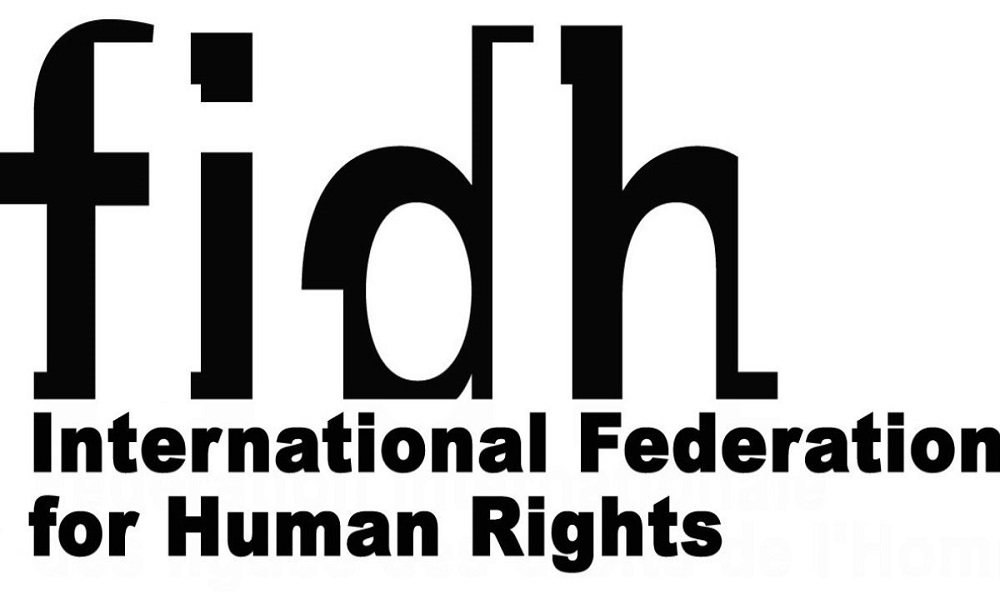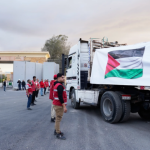
FIDH Urges Action on Human Rights Concerns in Bangladesh
The Federation of Human Rights (FIDH) has raised significant concerns about ongoing human rights violations in Bangladesh, calling for urgent action to address issues such as enforced disappearances, torture, executions, and impunity by law enforcement agencies. In a statement issued during the 55th session of the United Nations Human Rights Council, FIDH emphasized the need for a Universal Periodic Review (UPR) on Bangladesh, urging UN member states to pressure the government to tackle these persistent violations.
The statement underscored FIDH’s deep apprehension regarding the grave human rights situation in Bangladesh, echoing the worries expressed by numerous UN member states. Despite its membership in the UN Human Rights Council, the refusal of the Bangladesh government to address these violations is deemed unacceptable by FIDH. The organization stressed the importance of shedding light on violations and repressions faced by civil society, particularly highlighting the government’s denial of enforced disappearance cases and its reluctance to fully commit to international conventions against torture and enforced disappearance.
Regarding gender equality and LGBTIQ rights, FIDH lamented the government’s failure to adopt all recommendations, including the criminalization of marital rape and the withdrawal of reservations from key articles of the Convention on the Elimination of All Forms of Discrimination against Women. The government’s stance on LGBTIQ rights was criticized as dismissive, attributing it to religious, social, cultural, and moral concerns.
FIDH also expressed dismay over the state of national elections, which it described as turning into a farce due to government crackdowns on political opponents and civil society, particularly evident in the January 7 election. Despite accepting recommendations for free, fair, and transparent elections, the government’s actions contradicted these commitments, with attacks on dissenting voices and manipulation of the judiciary to stifle opposition.
Calling on UN member states to prioritize addressing long-standing human rights violations in Bangladesh, FIDH emphasized the need for accountability, reparations, and guarantees against future violations. The organization urged concerted efforts to press the Bangladesh government for justice for victims and to ensure the protection of civil society activists, lawyers, and journalists from arbitrary arrest and persecution.






![Pakistan accuses the TTP of carrying out attacks on its territory and the Afghan Taliban government of harbouring the group [File: Fayaz Aziz/Reuters]](https://asiandiplomacy.com/wp-content/uploads/2025/10/2023-02-27T041341Z_1777986366_RC2O7Z9GI1FB_RTRMADP_3_PAKISTAN-BLAST-POLICE-1760256429-150x150.webp)